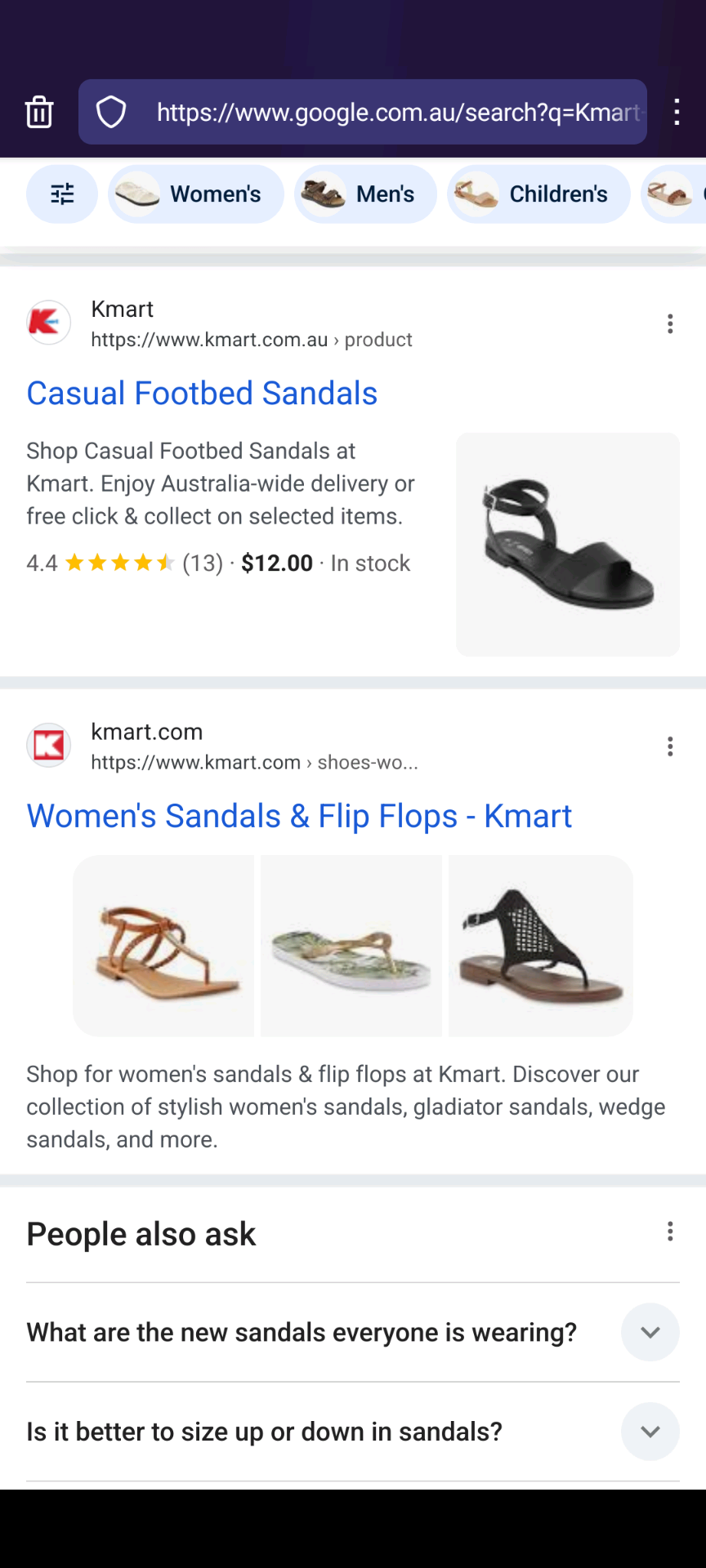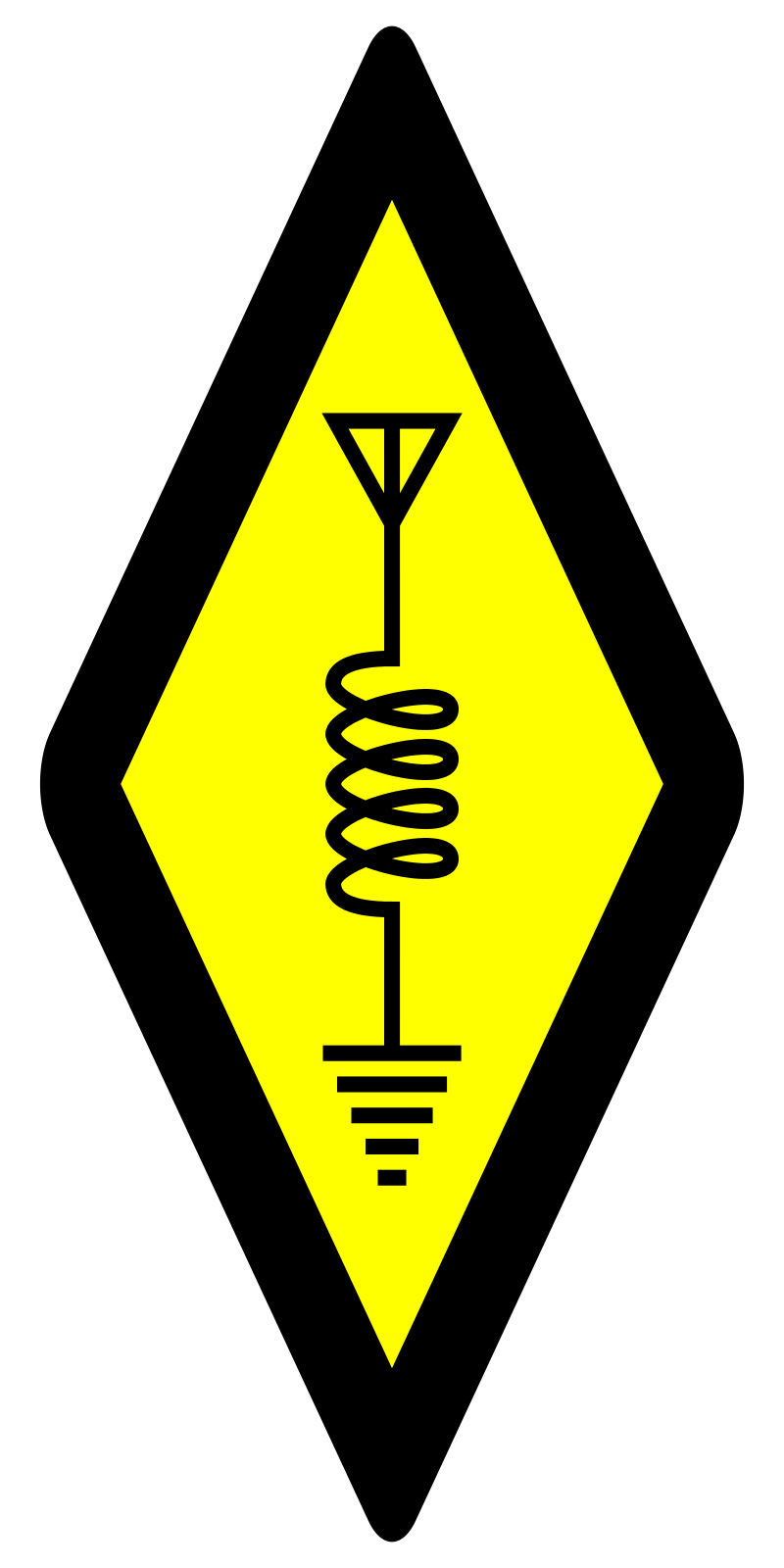Onno (VK6FLAB)
Anything and everything Amateur Radio and beyond. Heavily into Open Source and SDR, working on a multi band monitor and transmitter.
#geek #nerd #hamradio VK6FLAB #podcaster #australia #ITProfessional #voiceover #opentowork
- 52 Posts
- 617 Comments

 2·2 days ago
2·2 days agoI wonder if this is the origin story for the recurring warnings about poisonous Halloween sweets.
It’s unfortunate that Keyboard Video Mouse and Kernel Virtual Machine share the same three letter acronym and that both are in widespread use in relation to multiple operating systems.
Hence my scepticism.
A device without any specifications and five different operating system logos behind it. Forgive me, to say that I’m sceptical would be a gross understatement.
Perhaps a more believable post would include the specifications and a link to the supplier.

 2·4 days ago
2·4 days agoPretty sure that Google provides both a html and an iCal feed that don’t require authentication.

 5·4 days ago
5·4 days agoEver since it became about engagement rather than the right results, the writing was on the wall.
Fortunately this means that there are significant opportunities for search competition. The only thing you need to do is give better results than Google.
Just like all the search engines before Google, it too will become a footnote in the history of the internet.

 341·4 days ago
341·4 days agoWow!
I’m guessing that WordPress will be forked soon …

 2·4 days ago
2·4 days agoYeah, in the unedited version of my reply, the asterisk wasn’t detected as part of the URL which lands you at Sag A, not Sag A*.

 5·5 days ago
5·5 days agoThis.
If you’re wondering why, this is the centre of our Galaxy. Of course if you’re planning on intergalactic travel, you might have some issues, but before you get too worried about it, exploring the current galaxy is going to take a while.
Edit: The link to the super massive black hole at the centre of our galaxy wasn’t working.

 13·4 days ago
13·4 days agoHopefully this means that when I search for Kmart items I’ll finally only get Australian results for things I can actually buy, rather than stupid Google search results offering USA results, even when I tell it that I’m in Australia where Kmart is alive and well with apparently 301 stores in the country.
Here’s an example of me searching for “kmart sandles” on “google.com.au”

I remove the sticker, wash it under the tap and one bite at a time, eat it whole.
I read that you’re manually tagging them, so your process can be whatever you want to do.
For example, you can leave the images in their current folder structure and create a separate folder structure with symbolic links to an image, so in the character folder would be symbolic links to all the images like that. They also don’t have to be unique, an image can be in multiple categories.
Alternatively you can use a spreadsheet and generate lists there.
Finally there are plenty of photo album applications that allow you to tag images.
Walk into an Apple store and show the genius at the bar …

 3·7 days ago
3·7 days agoExcellent! Added to my Amateur Radio operating locations list.
Edit: Hmm. Need some extensive swimming skills, otherwise the ship will be extremely noisy.
I suppose we could sail there…

 8·8 days ago
8·8 days agoI often wonder how such an approach actually happens. One person sends the other a message via Tinder?

 218·8 days ago
218·8 days agoIf you’re actually working out, nobody cares about what you look like and comfort is more important than any other consideration.
If you’re using the gym as a place to meet people, nobody you would actually want to meet cares about lines in your clothing.
In other words, the lines you’re concerned with have been put there by advertisers wanting to sell you more stuff.
Text from the image:
"Once more, let me remind you what fascism is. It need not wear a brown shirt or a green shirt.
Fascism begins the moment a ruling class, fearing the people may use their political democracy to gain economic democracy, begins to destroy political democracy in order to retain its power of exploitation and special privilege."
– Tommy Douglas

 3·8 days ago
3·8 days agoAww … shucks … giggle









There are at least three legal ways to do this. CB radio, ISM frequencies and amateur radio. I say legal because the radio spectrum is heavily regulated because every transmitter affects everyone else to more or lesser extent.
You can buy CB or ISM band radios and get started.
Amateur radio is a better option in my opinion. There are many more frequencies to experiment with, people who can help and people to talk to.
Amateur licensing is different in each country, but an introductory licence is often no more than a weekend course and exam. I know of nine year olds who have done this. It’s not hard. No Morse code required either.
With such a licence in hand you can use things like JS8Call, CODEC2, Olivia, WSPR and hundreds of other protocols to communicate using just a radio and a computer.
Disclaimer: I’m a licensed amateur in Australia and have been since 2010. I hold an introductory licence, here it’s called a Foundation licence, and have been having an absolute blast with all that I can do.
If you have specific questions, don’t hesitate to ask.